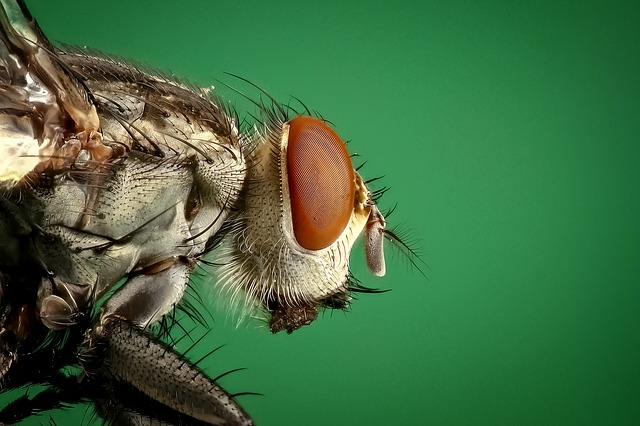September 25, 2018
Contributed by Mitsutaka Kushima, CEO of MUSCA Co., Ltd.
Fukuoka-based MUSCA Co., Ltd. is an interesting company with huge potential, which aims to resolve the world’s protein crisis through fly-based protein. In this article we would like to introduce the technology of Musca Corporation, its history up to commercialization, and future prospects.
-The global protein crisis approaching in eight years –
The phrase“protein crisis” is not as familiar as “food crisis”, but it is no less severe a problem. The protein crisis is one of the problems of the more general food crisis, caused by population growth and change of diet, and it is said that by approximately 2025, the world’s protein demand will exceed its supply. Accordingly, starvation would keep expanding, surpassing the development of food production. You would never imagine that in the next eight years, your dinner table will rarely be served with a gorgeous steak.
– Establishment of recycling technology of organic matter with MUSCA’s house fly –
To resolve this serious problem of an impending protein crisis, MUSCA has developed an innovative technology, which enables protein to be 100 percent recycled. By using MUSCA’s house flies, we turn organic waste into high performance feed and fertilizer in only one week. The fertilizer and feed can be used for livestock farming, agriculture, or by fisheries, which can recycle the waste generated through livestock or crop growth – and again be used in our recycle process. Our fly-based technology presents an overwhelmingly efficient way of regenerating protein. This epoch-making technology throws a stone into waste disposal problems and the depletion of fish meal, which are becoming serious issues recently.
– MUSCA derives from the former Soviet Union’s space development technology –
The revolutionary protein recycling technology of MUSCA seems entirely new, but in fact, it has a long history. It dates back 45 years ago when the Soviet Union was engaged in the space-race with the United States.
At that time, the Soviet Union planned a manned exploration to Mars, working on research and development with all their resources. The bottleneck of the plan was ensuring food supply in space for the four long years until the ship reached Mars. Consequently, after thorough research, flies came up as an option. This fly-based protein recycle technology was inevitable for food security in space, and of course, for reaching Mars. However, in 1991, with the collapse of the Soviet Union, researchers had no option than to give up their plans.
The research of fly technology also seemed difficult to be continued, but with firm belief that this technology would save the world, Kazutoshi Kobayashi took over the project. Kobayashi was a co-researcher of Kushima, MUSCA’s ex-CEO, and he had always guided Kushima. After Kobayashi’s death, the research was carried on by Kushima. For the following 25 years the research faced financial difficulties many times, and was threatened to go no further, but Kushima never let the fly go.
– 45 years of research culminated to expand business –
Over the 45 years since the Soviet era, 1,100 generations of house flies were selectively mated, and the technology finally achieved scale, now making its way towards practical use.
To disseminate the world- saving technology in practical form, we founded MUSCA Inc. in 2016. With the price competitiveness of fertilizer and feed, and the technological superiority of the fly over competitors, we plan to expand the business. In 2019, we are planning to construct large demonstration model plants that produce fertilizer and feed on a large scale, using house flies.
After overcoming numerous financial and research difficulties, the breakthrough insect technology finally made its way to practical use. We would like you to be in touch, or hopefully collaborate with MUSCA as a leader in solving the world’s impending protein crisis.

Let GAI News inform your engagement in the agriculture sector.
GAI News provides crucial and timely news and insight to help you stay ahead of critical agricultural trends through free delivery of two weekly newsletters, Ag Investing Weekly and AgTech Intel.




